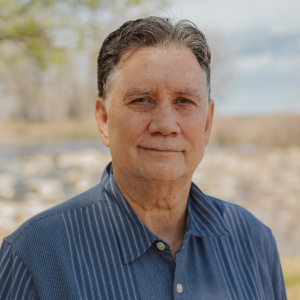Visiting Scholars

Dana Hoag
- Visiting Scholar, Abdul Latif Jameel Water and Food Systems Lab
- Professor, Colorado State University
Dana Hoag, PhD, is a professor in the Department of Agricultural and Resource Economics at Colorado State University. He specializes in applying economics to find sustainable solutions to balance production, social, and environmental interests, usually related to farms and ranches. Professor Hoag teaches courses in production economics, risk management, policy, environmental economics and ecosystem services. He is widely published on farm production economics, risk management, soil conservation, water quality, wildlife conflicts, irrigation, decision sciences, and sustainability. Hoag has published roughly 150 refereed journal articles, 4 books and over 300 other manuscripts or educational articles. He has served in leadership positions and participated in many government and stakeholder panels, boards and initiatives in the U.S. and other countries. He is currently serving as a Nutrien Distinguished Scholar at CSU, and as a Fellow for the Western Agricultural Economics Association.
Hoag’s work on nutrient credit trading is featured in Water Resources at the International Library of Critical Writings in Economics. And he was recently awarded the Bruce Gardner Memorial Prize for Applied Policy Analysis for his work on wolf reintroduction in Colorado. Hoag founded the Western Economic Forum Journal and the Center for Human-Carnivore Coexistence at CSU. He has also served as an expert to the Supreme Court over water disputes, agricultural sustainability in Congress, and to countless agency officials. He received over $50 million in grants ranging from economic and environmental tradeoffs for EPA and the USDA Natural Resource Conservation Service to developing an innovative risk management program, funded by the Risk Management Agency at USDA, and international projects in several different countries. Hoag is best known for his deep knowledge and experience about production agriculture, especially economics for applied agricultural problems that pose potential environmental or social conflicts.